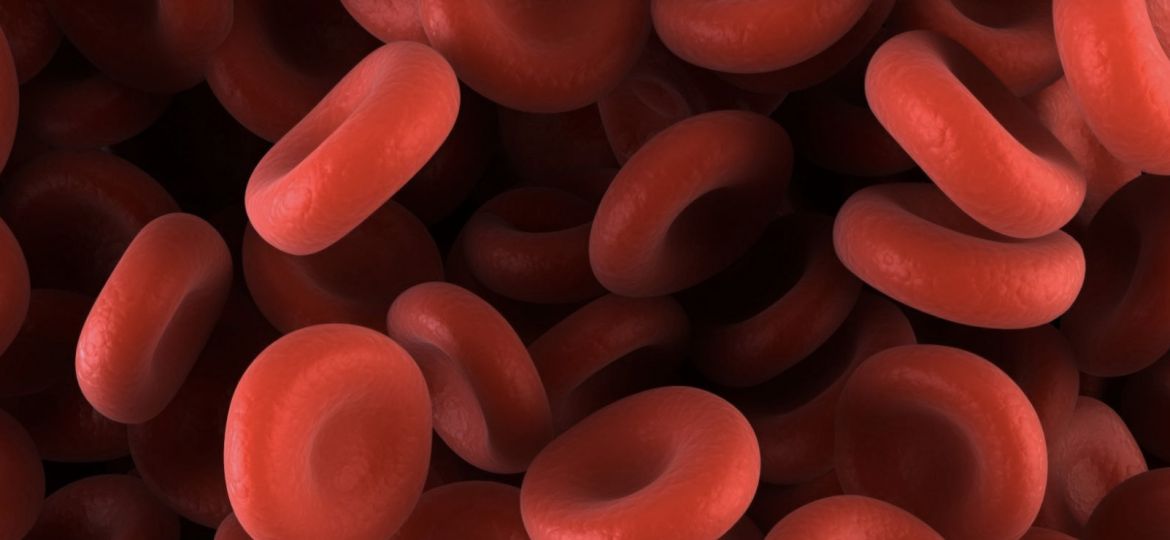
WHY THIS MATTERS IN BRIEF
- Blood has to be stored carefully, and skin is in short supply but new developments would mean they’re available anywhere, anytime
Researchers, doctors and bio-technicians at the US Army Institute of Surgical Research are working on new, more efficient ways to administer blood to troops who are injured in combat, and one day we could see it, and other advances used along technologies such as the US Army’s “Digital Twin” program.
One possibility? Powdered blood.
“How do we replicate the red blood cell?” said Brig. Gen. Jeffrey Johnson, commanding general of Brooke Army Medical Center in San Antonio, which sits adjacent to the research facility.
During Defense Secretary Ash Carter’s recent tour of the hospital, Johnson spoke with about the latest medical technologies the institute is cultivating “because on the battlefield, that’s a big issue for us.”
”It’s complicated to keep blood, at the right temperature, in the right volume, make sure it can still store oxygen when you put it into somebody,” said Johnson said, and as a result, the researchers are now trying to develop not just any old artificial blood product, such as the one that’s being developed by the UK’s National Health Service, they want to develop powered artificial blood.
“We’re looking at powder products that get reconstituted as liquid,” he said, “it would save the exhaustive measures required to keep whole blood viable while in remote areas or on the battlefield.”
Johnson also said the institute is also looking at ways to “patch up” burn victims on site.
“They’re developing artificial skin, or skin that comes from just a very small piece of a person’s skin, and then can be made into a large amount, and then be put into a spray bottle,” he said, “the flesh mist would regenerate and grow as it is applied to the surface of the body.”
However, in this respect it looks like they may already be behind the curve after BioDan this week announced that they’d managed to 3D print artificial skin on demand, and after RenovaCare announced the launch of their SkinGun, a stem cell based gun that sprays “new” skin onto burns.
The new breakthroughs, when they appear, could also help determine how doctors operate or respond to trauma without the tools provided in an operating room. Brooke Army Medical Center wants its doctors and technicians to be able to “make critical decisions in that austere environment,” Johnson said.
















